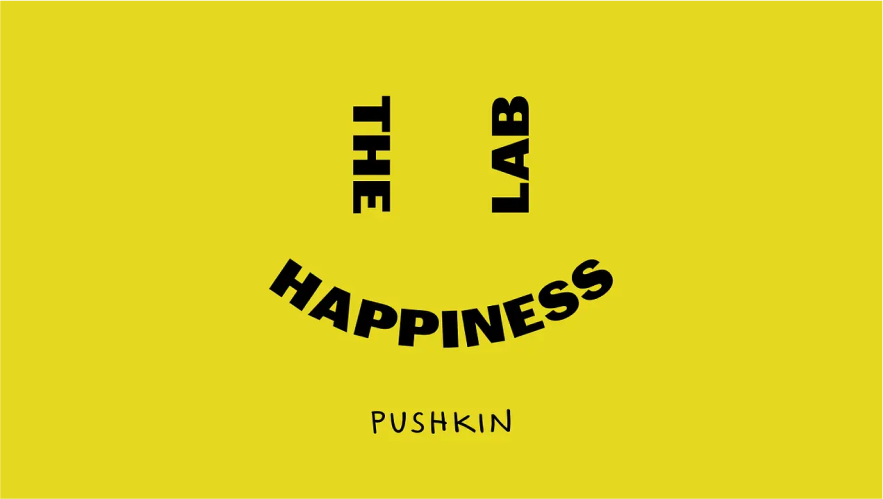We can't find the internet
Attempting to reconnect
Something went wrong!
Hang in there while we get back on track
Coaching Preset
Generate worksheets, plans, and summary reports for coaching sessions.
🎞️ Session Quotes
Write a viral topic title and quote for a podcast episode.
🔑 Key Session Themes
List the key themes discussed, 7 words max for each theme.
📧 Follow Up Email
Using the context in this session, write a follow-up email to the coachee. Use the following outline for the note: introduction, praise, 5 key takeaways worth remembering, a fun fact from the session, an outro, and a call to action. Use a friendly and casual tone
🎒 Session Worksheet
Using the context in this episode, write a worksheet to help reinforce the topics explored.
1️⃣ One Sentence Summary
Summarize this episode in 10 words max.
✨ Analogy
Using the context and key takeaways in this session, write a short analogy that helps explain the concepts explored in a fun and approachable way.
❓ Questions
Write 10 discussion questions based on this episode.
❇️ Key topics and bullets
Write a comprehensive sequence of topics covered in this text, with sub-topic bullets below each primary topic.
💬 Keywords
List 30 topical keywords that were covered in this text. Separate them by comma.
🎯 Goals & Objectives
Document the goals and objectives set during the session for the coachee.
📚 Timestamped overview
Create an overview for this episode.

Stop Looking For the Perfect Job, "A Good Enough Job" Is Just Fine
The Happiness Lab

